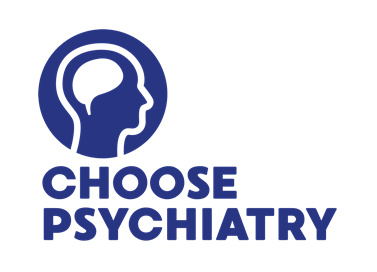Treating eating disorders with deep brain stimulation
26 September, 2019
Dr Rebecca J Park, Associate Professor and Hon Consultant Psychiatrist in Eating Disorders, Department of Psychiatry, University of Oxford

My best academic ideas often happen away from my desk. I work part-time, fitting my clinical academic post around my busy household of four sons.
In the course of running Oxford NHS eating disorders services for over 17 years, I became acutely aware of the limitations of current treatments, especially for anorexia nervosa.
What’s needed today are new recovery tools. And such advances can only happen by thinking outside the box and combining expertise across disciplines. My research team has shown that anorexia nervosa is underpinned by neural abnormalities, so we collaborate with leading neuroscientists to empirically develop new treatments.
Neuroimaging scans reveal areas and circuits in the brain which behave differently in people with anorexia nervosa. The eating and exercise rituals, obsessions and habits that characterise the disorder become entrenched over time. Starvation wreaks havoc with the brain, making it ever more difficult to break free.
It’s truly stimulating – and also challenging – working as part of a cutting-edge, transdisciplinary team. We’ve just finished recruiting for the only registered UK trial of deep brain stimulation (DBS) for severe enduring anorexia. DBS is well established – with specific neural targets – for Parkinson’s. Different brain targets, involving compulsivity circuits, now show promise for treatment-resistant OCD. Given anorexia nervosa shares common compulsive features, testing if DBS can help is worth evaluating and could allow us to better understand how this illness operates.
It’s essential that brain-based approaches, like ours, are underpinned by a sound ethical protocol. So, we’ve integrated one from the start. When people feel they have exhausted other treatment options, it would be all too easy to give them false hope.
Of course, neuromodulation strategies like DBS must be combined with other modes of treatment, such as support with weight restoration, and help with body image and stuck social habits. DBS may be able to help open up neural pathways but – for recovery to be ongoing – those neural ‘muscles' need to be nourished and skillfully exercised with nutritional and psycho-social treatments.
The next step is to develop neuro-modulatory approaches that are less invasive – and find adjunctive psycho-biological treatments that are scalable, effective and acceptable.
DBS remains an invasive and highly experimental treatment. There is a risk of instilling false hope as is not a magic bullet and unlikely to help everyone. But evaluating it ethically for anorexia is a step in the right direction. Hopefully, DBS may allow some patients to make better use of other treatments, which for those stuck for years could be truly significant.
I’m also excited by the recently published genetic data suggesting a metabolic component to anorexia nervosa. For patients unable to recover with existing treatments, it potentially removes some of the stigma, and over time it might lead
to new avenues biological treatment.
I first went into psychiatry because I was intrigued by people and by the brain, but part of me worried that I would no longer be a ‘real' doctor. In the current era of neuroscience, that fear is definitely unfounded.


